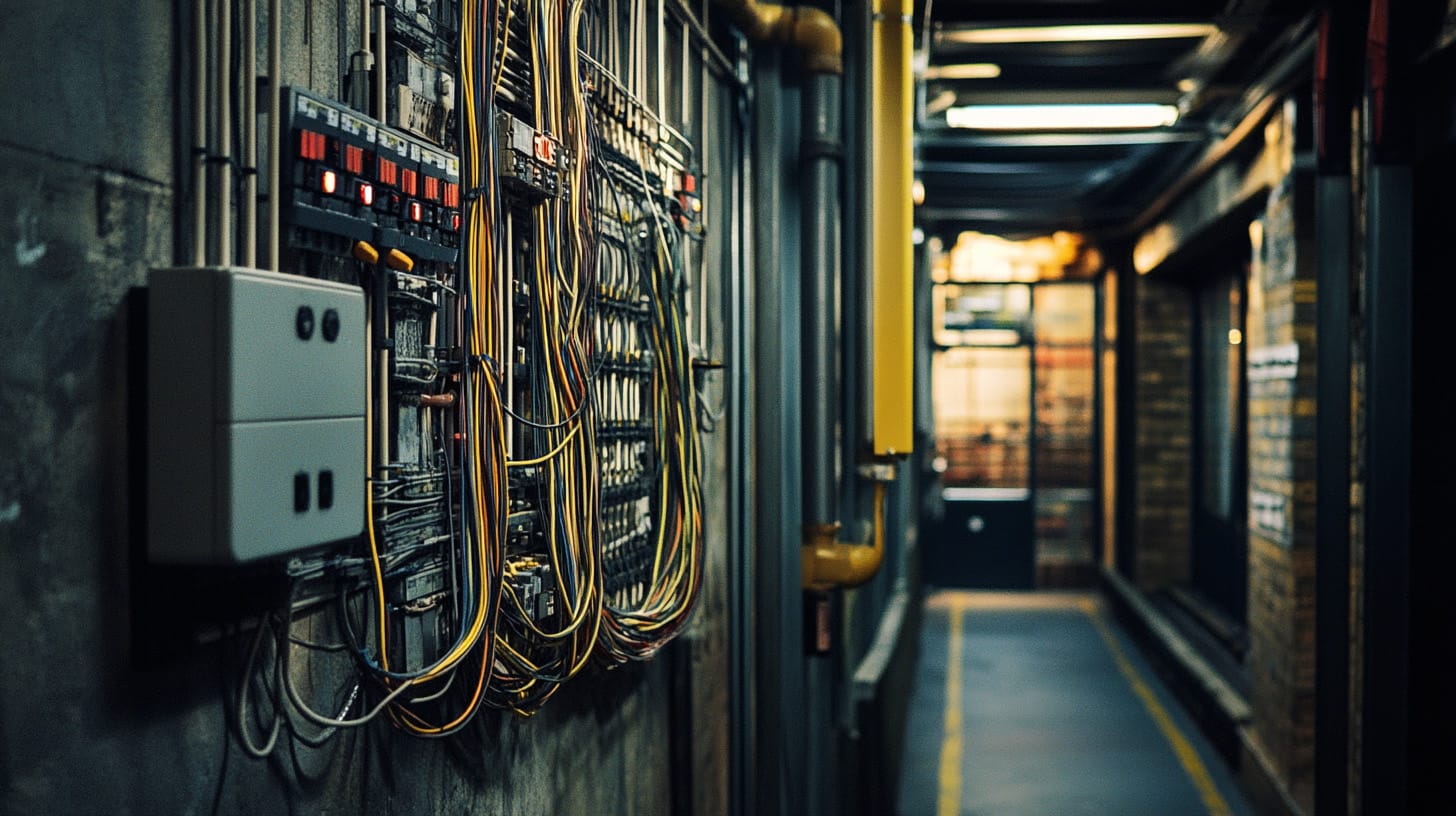Fire Guard Services
Fixed Wire Testing
Fixed wire testing is an inspection of the condition of an existing electrical installation, to identify (in order of priority) any deficiencies against the national safety standard for electrical installations.
Fixed wire testing will:
- Reveal if any of your electrical circuits or equipment is overloaded.
- Find any potential electrical shock risks and fire hazards in your electrical installation.
- Identify any defective DIY electrical work.
- Highlight any lack of earthing or bonding of metalwork to avoid shocks.
Tests are also carried out on wiring and associated fixed electrical equipment to check that it is safe.
Testing and Reporting On Your Wiring Installation
Book Your Fixed Wire Testing Today
Why Test?
Every electrical installation deteriorates with use and age. It is important for the person responsible for the maintenance of the installation to be sure that the safety of users is not put at risk, and that the installation continues to be in a safe and serviceable condition.
According to Government statistics, each year on average 10 people die and about 750 are seriously injured in accidents involving unsafe electrical installations in the home or commercial premises.
How Often Should You Test?
It is recommended that fixed wire testing is carried out at least every:
Other instances when a fixed wire testing should be carried out are:
Contact us For a Free Consultation
Your Fixed Wire Questions Answered
Fixed wire testing is essential for all commercial properties and must be carried out regularly in order to comply with legal requirements.
We also understand that property managers may have questions about fixed wire testing. That’s why we’ve created this short FAQ to answer some of your questions.

